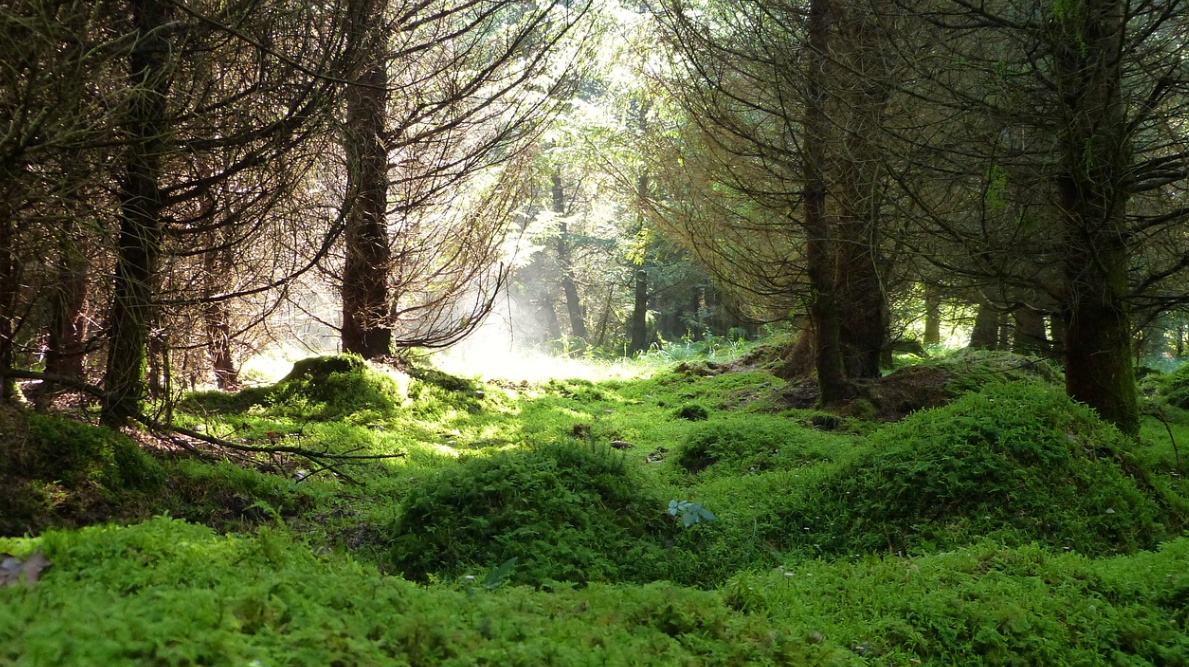Nature, Health and Quality of Life

Team
- Miriam Finkhäuser, MSc
- Tobias Ihle, MSc
- Ellen Jahr; MSc
- Dr. Dörte Martens
- Dr. Dr. Holger Muehlan
- Prof. Dr. Silke Schmidt
The working group investigates the influence of the environment on various dimensions of human health as defined by the WHO. The research focus is on the preventive, regenerative and health-promoting potentials, with a particular focus on subjective well-being and health-related quality of life. The central question is how interaction with and in the environment should be organised and how natural landscapes and near-natural spaces must be designed in order to achieve the desired effects on our health.
Key research areas:
- Nature-based interventions & health
- Place-based remedies in coastal regions & regeneration
- Participatory design of green spaces & quality of life
- Urban infrastructures & well-being
Third-party funded projects
Funded by the European Union (ID: 101083857).
Duration: 01/06/2023 to 30/11/2027
The NATURELAB project focuses on nature-based therapies (NBT) for the general health, well-being and resilience of communities.
Funded by the Federal Ministry of Education and Research (BMBF)
Duration of the conception phase: 01.06.2023 to 31.11.2023
The project aims to investigate the potential of participatory approaches in neighbourhood-based design measures for urban green spaces for municipal health and the design of sustainable and health-promoting living environments in different socio-spatial contexts. The effectiveness of participatory measures will be analysed with regard to primary, health-related outcomes (quality of life) and secondary outcomes (ecological sustainability, social justice). The experience of collective self-efficacy, strengthened social identity, sensitisation to the creation and preservation of living conditions and empowerment regarding the ability to actively shape the living environment will be addressed and strengthened through intervention as central psychological mechanisms of action.
At the level of sustainability and social justice, the long-term use of green spaces in the neighbourhood, their use by socio-economically diverse groups and their integration into the school setting will be investigated. In addition to the prevention-promoting and sustainable goals, this should also contribute to the production of evidence regarding measures to humanise living conditions by creating possible moments of resonance in urban spaces that are repeatedly described as alienating and often experienced as anonymous.
The combination of applied research expertise of the university partners with regulatory competence and urban planning implementation potential of the practice partners as well as the city and district administrations in Greifswald and Berlin leads to the creation of consistent intervention structures. These are designed for sustainability and application by the population. Evidence-based concepts to be developed will be published and therefore made available for utilisation by other municipalities. On a procedural level, social relationships and participatory processes are created in the population and continued by municipal actors.
Topics for qualification theses, research internships and the project module
Available topics for theses, research internships and project modules can be found on the page Research topics for assignments.
